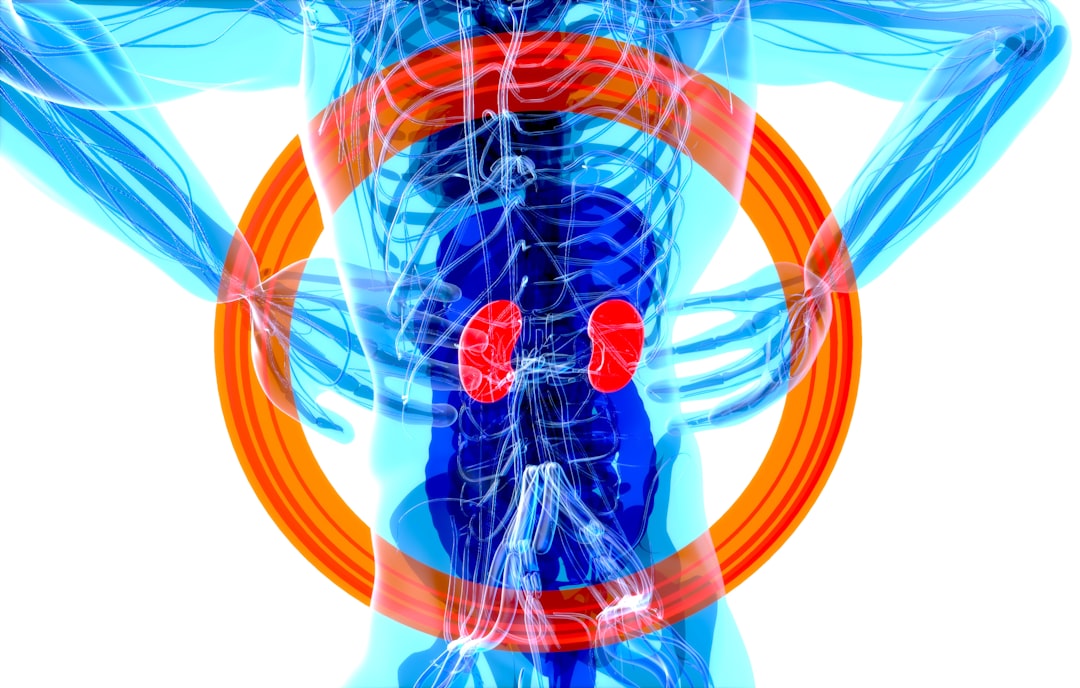What is it about?
SARS-CoV-2 is the virus responsible for the COVID-19 pandemic with multiple strains, called variants of concern, have evolved over time as the virus adapts to its new human host. All cells have a rapid, first-line defence to protect from infection, called innate immunity. When activated, innate immunity upregulates proteins in cells called restriction factors that can inhibit viral replication and stop virus spread. Here we show that in human cells two such restriction factors, IFITMs and GBPs, target SARS-CoV-2 spike to inhibit infection. We find that while the early Wuhun-like virus is sensitive inhibition by human GBPs, the variants of concern Alpha and Delta, that evolved later and came to dominate infections globally, are resistant to GBPs. We map which mutations in spike (the protein the virus uses to infect cells) have allowed Alpha and Delta to escape from GBP inhibition. Interestingly, we find that Omicron is different to Alpha and Delta in its sensitivity to both IFITMs and GBPs. This difference is likely because Omicron has acquired many more mutations in spike as a result of being exposed to different selective pressures, for example the need to escape from antibodies induced by vaccination or increasing levels of natural infection, consequently changing Omicron spike biology.
Featured Image

Photo by CDC on Unsplash
Why is it important?
SARS-CoV-2 has continued to evolve since it first jumped into humans, enabling it to better replicate, transmit and evade human immunity. While much focus has been on how changes in spike have allowed SARS-CoV-2 to evade adaptive immunity, our study shows how evolution for changes in spike has also influenced SARS-CoV-2 sensitivity to innate immunity, a key front line cellular defence against viruses.
Read the Original
This page is a summary of: SARS-CoV-2 evolution influences GBP and IFITM sensitivity, Proceedings of the National Academy of Sciences, January 2023, Proceedings of the National Academy of Sciences,
DOI: 10.1073/pnas.2212577120.
You can read the full text:
Contributors
The following have contributed to this page










